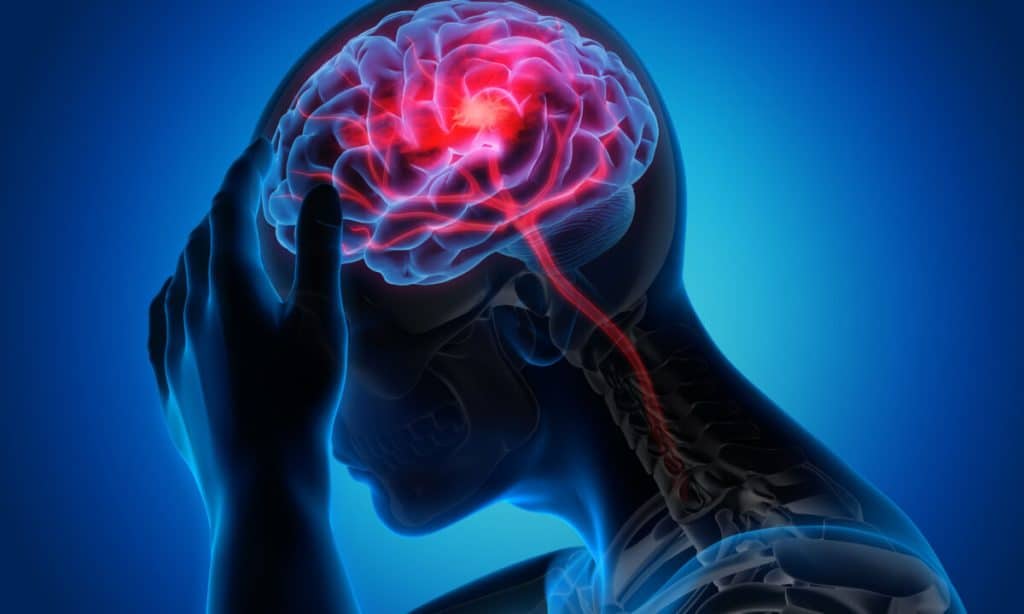Blog
The Health Benefits of Medical Cannabis: Exploring the Latest Research
Over the years, medical cannabis has gained a lot of attention as a natural alternative to traditional medicine. The legalization of cannabis for medical purposes has opened up new avenues for researchers to study the potential health benefits of cannabis. In this article, we will explore the latest research on the health benefits of medical cannabis and how it can be used to improve a range of medical conditions.
How Medical Cannabis Can Alleviate Chronic Pain and Other Forms of Pain
Chronic pain is a widespread and debilitating condition that affects millions of people around the world. Medical cannabis has shown great potential as a treatment option for chronic pain. Cannabinoids, the active compounds in cannabis, interact with the body’s endocannabinoid system, which plays a role in regulating pain perception. Studies have found that medical cannabis can help reduce chronic pain in conditions such as multiple sclerosis, neuropathy, and cancer. One study found that patients with chronic pain who used medical cannabis reported a significant reduction in pain and an improvement in sleep quality. Medical cannabis is also considered an effective alternative to opioids, which can be highly addictive and have a range of negative side effects. Overall, the use of medical cannabis for pain management shows promise and is an area of active research.
How Medical Cannabis Can Help with Anxiety and Depression
Anxiety and depression are two of the most common mental health disorders, affecting millions of people worldwide. Fortunately, medical cannabis has been found to have a positive impact on these conditions. Studies have shown that cannabis can reduce symptoms of anxiety and depression by interacting with the body’s endocannabinoid system, which is responsible for regulating mood and emotions. The active compounds in cannabis, such as CBD and THC, bind to receptors in the brain and modulate neurotransmitter levels to promote feelings of relaxation and calmness. While more research is needed to fully understand the mechanisms behind the anxiety and depression-reducing effects of cannabis, there is promising evidence to suggest that it could be a valuable treatment option for those struggling with these conditions.
Neurological Disorders

Medical cannabis has shown potential in treating neurological disorders such as epilepsy and Parkinson’s disease. In particular, CBD has been found to be effective in reducing seizures in patients with epilepsy. In fact, in 2018, the U.S. Food and Drug Administration (FDA) approved the use of a CBD-based medication for the treatment of seizures associated with two rare forms of epilepsy. Additionally, studies have suggested that cannabis may have neuroprotective properties, which could be beneficial for patients with Parkinson’s disease. These findings have sparked a growing interest in the potential of medical cannabis to treat various neurological disorders, and more research is currently underway to explore its therapeutic potential in this area.
Cancer Treatment

Medical cannabis has emerged as a potential treatment option for cancer patients. Chemotherapy-induced nausea and vomiting (CINV) are common side effects of cancer treatment that can significantly impact a patient’s quality of life. Medical cannabis has been found to be effective in reducing CINV and improving appetite, making it a valuable tool for cancer patients undergoing treatment. Additionally, studies have suggested that cannabis can also help to reduce pain and inflammation associated with cancer, as well as potentially inhibit the growth of cancer cells. While more research is needed to fully understand the potential benefits of medical cannabis in cancer treatment, these findings are promising and suggest that cannabis could play an important role in improving outcomes for cancer patients.
Digestive Health
Medical cannabis has shown promise in improving digestive health for patients with inflammatory bowel disease (IBD) and irritable bowel syndrome (IBS). Studies have found that the anti-inflammatory properties of cannabis can help reduce inflammation in the digestive tract, which is a major contributor to symptoms of IBD and IBS. Additionally, the compounds in cannabis can help regulate the digestive system by stimulating appetite and reducing nausea, which can be particularly beneficial for patients undergoing chemotherapy. While more research is needed to fully understand the potential benefits of medical cannabis for digestive health, the current findings suggest that it can be a valuable tool in managing the symptoms of these conditions. However, it is important for patients to consult with their healthcare provider before using cannabis to treat any medical condition.
Skin Conditions

Medical cannabis has shown promising results in the treatment of various skin conditions. Research has indicated that the anti-inflammatory properties of cannabis can help alleviate symptoms of psoriasis, eczema, and other skin conditions. Additionally, the cannabinoids found in cannabis can interact with the body’s endocannabinoid system to regulate immune response, which may further contribute to its effectiveness in treating skin conditions. Topical cannabis preparations, such as creams and ointments, are often used for localized treatment of skin conditions, and they have shown to be effective in reducing redness, itching, and inflammation. As research in this area continues, it is likely that we will discover more ways in which medical cannabis can be used to improve skin health and treat various skin conditions.
Addiction Treatment
While some may see cannabis as a substance that could lead to addiction, recent research suggests that medical cannabis may actually help treat addiction. Studies have shown that the compounds in cannabis can interact with the endocannabinoid system, which plays a role in regulating reward and motivation. This can result in reduced cravings for addictive substances such as opioids and alcohol. In addition, cannabis may also help alleviate withdrawal symptoms, making it easier for patients to overcome addiction. However, it is important to note that cannabis use must be carefully monitored and tailored to the individual needs of each patient. More research is needed to fully understand the potential benefits of medical cannabis in addiction treatment, but the initial findings are promising.
Exploring the Health Benefits of Medical Cannabis
The latest research on medical cannabis suggests that it has a range of potential health benefits for patients with a variety of medical conditions. From pain management and anxiety reduction to cancer treatment and addiction therapy, medical cannabis has the potential to improve the lives of many patients. However, it is important to consult with a healthcare professional before using medical cannabis to ensure that it is used safely and effectively.


